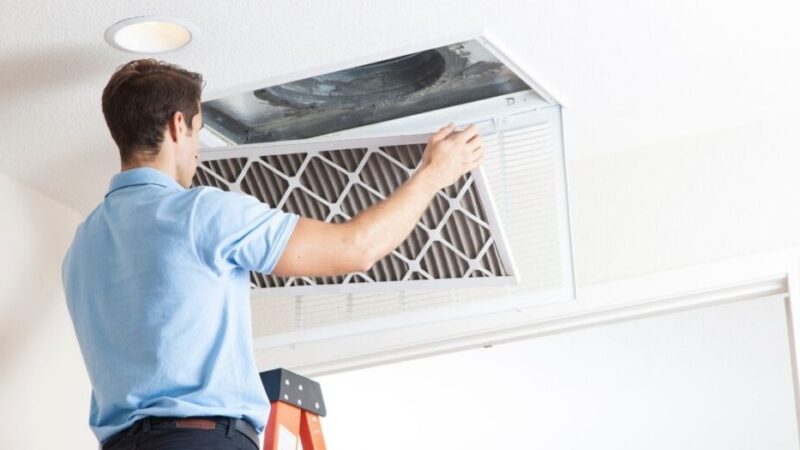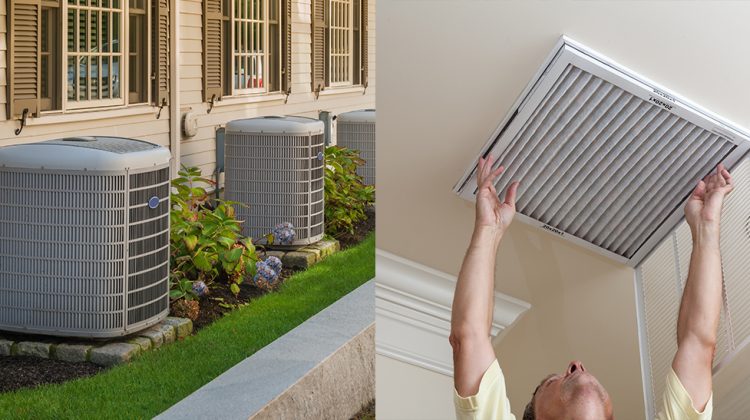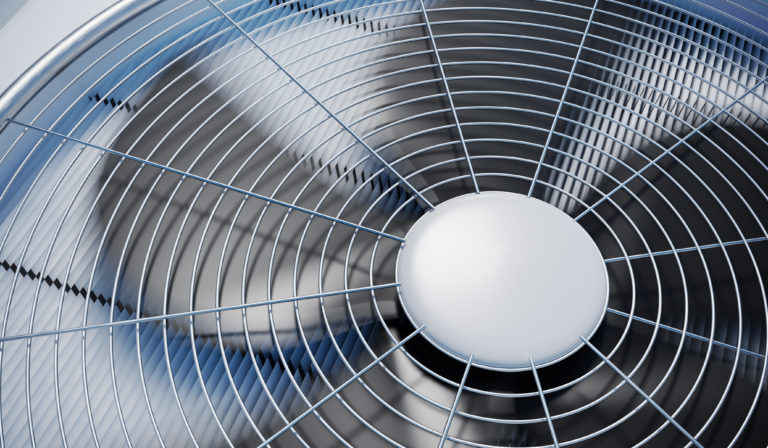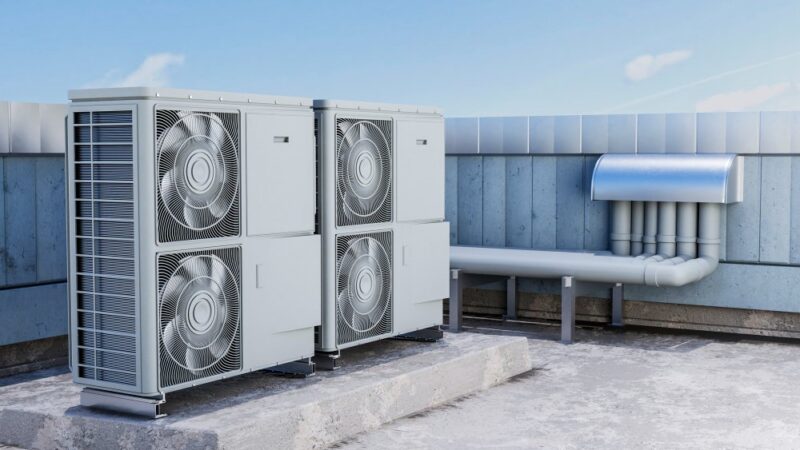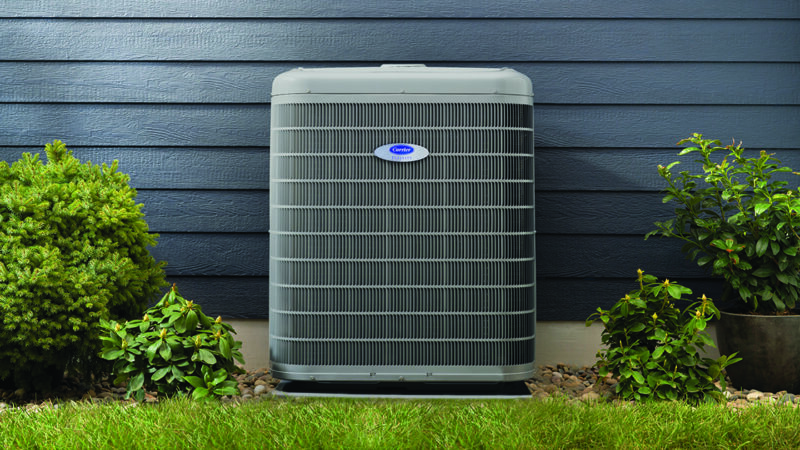Why Your Air Conditioner Leaks Water: Common Causes and Solutions
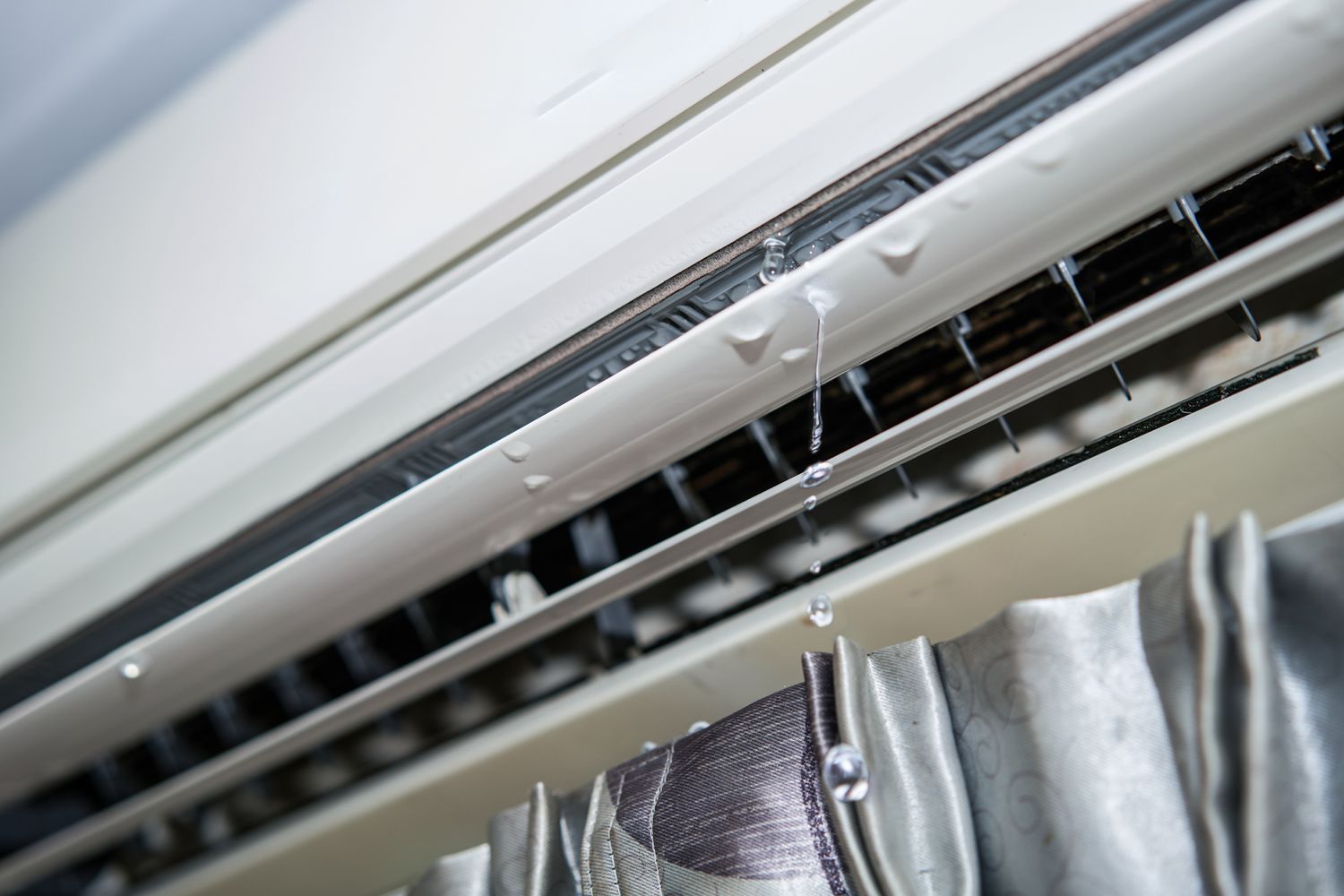
Seeing water leaking from your air conditioner can be confusing and worrying. This common problem can happen for different reasons, from simple maintenance issues to bigger mechanical problems. Leaks can make your AC less efficient and might even cause water damage in your home if not fixed quickly. In this article, we’ll talk about why your air conditioner might be leaking water, how to figure out what’s wrong, and what you can do to fix it. Knowing these reasons can help you keep your AC working well and avoid more problems.
Understanding How Air Conditioners Work
Most air conditioners have both an indoor and an outdoor unit. The indoor unit contains an evaporator coil, which cools down the warm air as it passes over the coil, making your home more comfortable.
Water forms when the warm air meets the cold coil, similar to how condensation appears on a cold drink on a hot day. This water drips into a pan and then drains out through a plastic pipe that leads outside or to a drain inside your house.
Occasionally, your air conditioner might leak water inside your home. This is usually a simple problem to fix, so there’s no need to worry if you see some water.
Common Causes of AC Leaks
A leaking air conditioner can cause water damage and make your unit work harder, increasing your electricity bill. With rising electricity costs, fixing any leaks is important to save money. Here are some common causes of AC leaks and tips to prevent them:
Common Problem: Clogged Condensate Drain
One of the main reasons for air conditioner leaks is a clogged condensate drain line. Over time, this line can get blocked by algae, dirt, dust, and other debris.
When the drain line is clogged, it can overflow and cause water to leak into your home.
How to Fix It
You can unclog the drain line by using a wet/dry vacuum to remove the debris. If that doesn’t work, calling a professional for AC repair is best. They have special tools to remove the blockage and clear the drain line.
Broken Condensate Drain Pan
The drain pan might be rusty or damaged if your air conditioner is old. 12—to 15-year-old units often need a new drain pan, and replacing the old one should solve the problem.
Frozen Evaporator Coils
If the air doesn’t flow well, the refrigerant level is low, or the evaporator coils are dirty, water can freeze on them. When the ice melts, it can overflow the drain pan and cause leaks. To prevent this, check the refrigerant levels, clean the coils regularly, and ensure good airflow.
Dirty Air Filter
It is important to change the air filter every 30 days. A dirty filter blocks air from flowing over the evaporator coil, causing water to leak. It also makes your AC work harder, which can damage it. Replace the filter regularly to keep the air flowing well and prevent these problems.
Low Refrigerant Levels
When your air conditioner’s refrigerant levels are low, the evaporator coil can become too cold, causing it to freeze. Once the ice melts, it creates a watery mess. Other signs of low refrigerant include gurgling or hissing noises and poor cooling performance.
It’s important to have an HVAC technician inspect your system at the start of the season and refill the refrigerant if necessary.
Broken Condensate Pump
If your air conditioner is installed in the basement, it likely has a pump that pushes water outside. Water can’t be removed if this pump breaks, leading to leaks. Get the pump repaired or replaced quickly to avoid water damage.
Incorrect AC Installation
An improperly installed air conditioner or poorly set up condensate drain line can cause drainage issues and water leaks. Hiring a qualified professional to install and maintain your system can help prevent these problems.
Seek Professional Help for AC Leaks
When you’re unsure, it’s always best to ask a professional for AC repairs. Ignoring a leaking air conditioner can quickly turn a small drip into a big problem. If you don’t know why your AC is leaking water, contact experts for help. With the right diagnosis, most AC leaks can be easily fixed, ensuring your home stays cool and comfortable all summer long.
Recommendation
The Ultimate Guide to Increasing Your HVAC Lifespan
8 Most Common Types Of HVAC Systems
Air Conditioner Smells Musty? Here’s How to Fix It
How Much Electricity Does an Air Purifier Use?
Air Purifier Vs Humidifier: Which One Do You Need?
Conclusion
In conclusion, air conditioner leakage is a common problem that can happen for many reasons, from simple issues to bigger mechanical faults. These leaks can make your AC work less efficiently and might cause water damage if not fixed quickly. By understanding why your AC might be leaking and knowing how to spot and fix these problems, you can keep it running smoothly and avoid more issues. Regular maintenance and quick repairs are key to keeping your home comfortable and energy-efficient.
FAQs
Q: Can I still use my AC if it’s leaking water?
A: If you notice your air conditioner leaks, turn it off immediately. If your home feels cool, shutting it off will stop the water flow. The longer it leaks, the more likely it is to cause further damage.
Q: Why is my AC draining so much water?
A: One of the main reasons for water leaking from an air conditioner is a clogged condensate drain line. Over time, this line can get blocked by algae, dirt, dust, and other debris. When this happens, the line overflows and causes water to leak into your home.
Q: How can I save my AC from leaking?
A: To fix an AC leak, check and clean the drain pan. Next, clean the condensate drain line and replace any dirty air filters. Also, check the evaporator coil for refrigerant leaks. If you find a refrigerant leak, call a professional for help.
Q: How much water is normal to leak from AC?
A: During the peak of summer, when humidity is high, it’s normal for your air conditioner to drain between 5 and 20 gallons of water each day.


